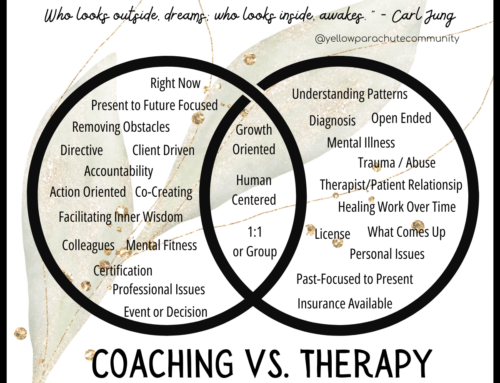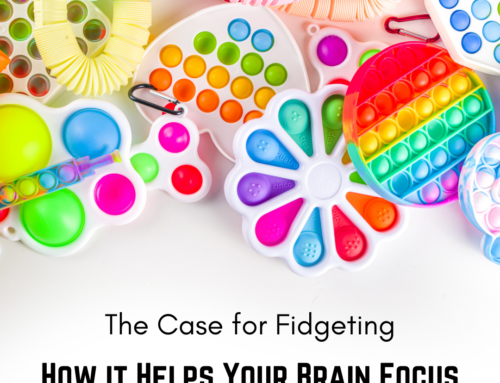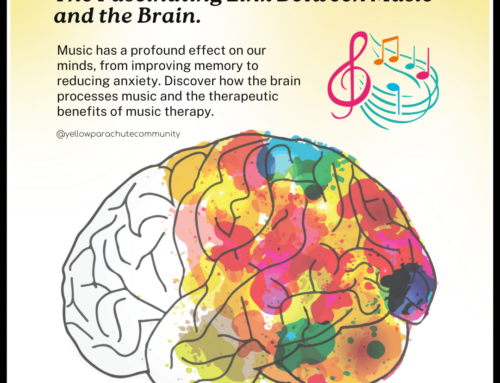In June 2010, Brené Brown, a research professor at the University of Houston Graduate College of Social Work who has now become a household name, rocked our understanding of human emotions in her Ted Talk The Power Of Vulnerability.
In her powerful 20 minute talk, Brown revealed, “We are the most in-debt, obese, addicted, and medicated adult cohort in US history,”with shopping, food, drugs, and alcohol being well-tested means for numbing out unpleasant emotions.
Why this prevalent lack of connection and over-numbing? Brown’s answer: Because in this perfectionistic American culture, most of us walk around believing we’re “not good enough. We are not thin enough, rich enough, beautiful enough, smart enough, promoted enough” to be worthy of human connection. So, Brown explains, we avoid emotional risk, avoid vulnerability, and numb ourselves to the pain of “not being enough” we can’t escape.
Wow. This is the American culture in which our kids are trying to learn. This is the culture in which they are trying to do some of the most vulnerable acts humans could do: admit what they don’t know. Keep trying when they can’t do something. Keep their minds open to learning. Not let it get to them when they’re not good enough.
If our students believe, in any way, that their worth is based on performance in school, it follows that they believe:
- The best students are worth it.
- And the less-good students are less-worth-it.
What does this way of thinking mean for students can’t sit still, who interrupt, lose their materials, talk too much, can’t stay organized, have trouble with transitions, can’t find their classes, and feel intense emotion when criticized? How do they feel about their worth? The answer to this question is connected to the mental health crisis students experience today.
The silver lining? In addition to shedding light on our “not good enough” American culture, Brené Brown’s research shows that some people have escaped the shame trap.
How? They let themselves be vulnerable. I’ll link the Ted talk here again in case you’re interested: The Power Of Vulnerability.☺️ What does it take to silence “not good enough,” thoughts and performance-based worth? The people who succeeded “believed that what made them vulnerable made them beautiful,” says Brown. They somehow have developed a profound sense of inner worthiness.
That sense of inner worthiness translates to: rather than always thinking, I’m not good enough, they live in the belief I’m enough. In short, Brown said, “They were willing to let go of who they thought they should be in order to be who they were—.”
Do you remember the quotation from last week’s blog, “Love the child you have rather than the child you wish you had.” Those who escaped found that same sentiment for themselves. My version would read, “Love yourself for the person you are, while practicing to become the person you have decided you want to be.”
Can you call to mind a vision of yourself, your family, your neighborhood, your teachers feeling good enough? This is the vision that explicitly teaching executive function skills offers. Executive function skills allow us to break down the “not good enough” feelings and the shame and blame that accompany them. They allow us to ask, “where can you use help here, so that you can be more successful? And how can I help you practice and measure your improvement?”
Executive function skills coaching allows parents, teachers, and students to do, what Katherine Morgan Schafler calls in her book “A Perfectionist’s Guide to Losing Control, “centering your identity on your possibilities instead of your limitations.” It enables us to understand ourselves from a brain-and-functional perspective in addition to our values, beliefs, and behavior patterns. And, in addition, it gives us a language to communicate what we need to feel seen and understood to feel the sense of connection and belonging that helps squelch our desire to run away and hide.
What once was black and white “success and failure thinking” becomes an “evolution of the self” through executive function skills coaching. Through executive function coaching, for example, a student can understand the unique qualities that make them a great student leader, coachable athlete, compassionate friend, or understand why they have difficulty sitting still, managing emotions, or staying organized.
As a student’s understanding of who they are (strengths, weakness, and all) increases, their confidence in themselves increases. And this confidence – this greater sense of self – allows for greater vulnerability and, ultimately, connection.
Your weekly reminder that I’m really not exaggerating when I say we can change the world. And at Yellow Parachute, we know exactly how to teach it! 😉
Yours in the journey,
Cara







